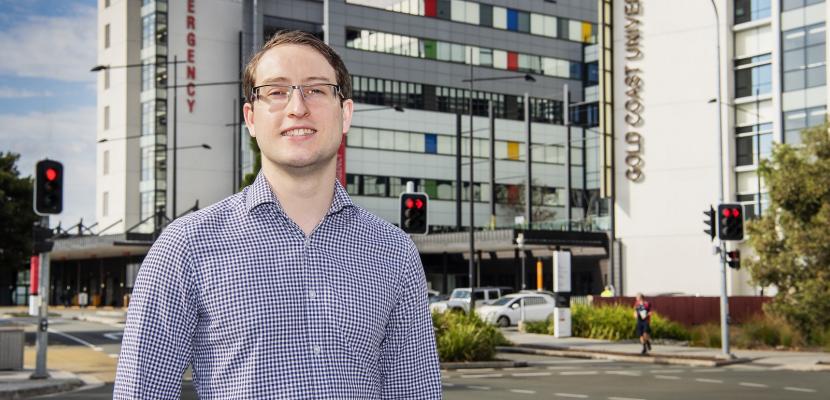
Data scientists are using machine learning to better predict which patients are at risk of being readmitted to hospital, potentially saving lives and billions of dollars.
Current models that measure readmission risks are used to develop wider healthcare policy rather than inform care decisions affecting patients in individual hospitals.
New research by the Bond Business School at Bond University provides a more nuanced analysis by using 12 machine learning techniques to drill down into data from two Gold Coast hospitals.
Assistant Professor of Data Analytics and lead author of the study James Todd said it was universally recognised that many hospital readmissions were avoidable, leading to worse patient outcomes and higher healthcare costs.
A study commissioned by the Victorian Government found more than 103,000 patients returned to public hospitals within 30 days of being discharged in 2010-11, costing the system about $431 million.
“A lot of the tools currently in use reflect a policy focus and that means they’re good at measurement,” Dr Todd said. “What they’re not good at is providing information that's useful to hospital decisionmakers who are trying to answer questions like, ‘Where do I put my resources’?
“We have developed tools to better equip hospitals to manage their readmissions by determining which patients are at higher risk of coming back, so they can intervene early.
“I can say, of everyone I've discharged, which of them is most likely to come back in the next seven days? You can't do that with the existing tools.”
Dr Todd said most current models predicted patients’ risk of readmission at 30 days after release from hospital.
The Bond team used a much richer set of data that enabled them to make predictions at multiple timepoints for multiple conditions.
For example, they considered the age of the patient, the number of times they had been admitted to the emergency department in the previous year and whether they had previously been admitted to intensive care.
“Some people are probably at risk (of readmission) for seven days, some people 14 days. Even if they have the same condition, they have different risk profiles,” Dr Todd said.
The next step in the research would be to see if the finding could be replicated using data from other hospitals, he said.
The study, published in the journal Decision Support Systems, used data from more than 60,000 adult admissions to emergency departments of Gold Coast University Hospital and Robina Hospital.